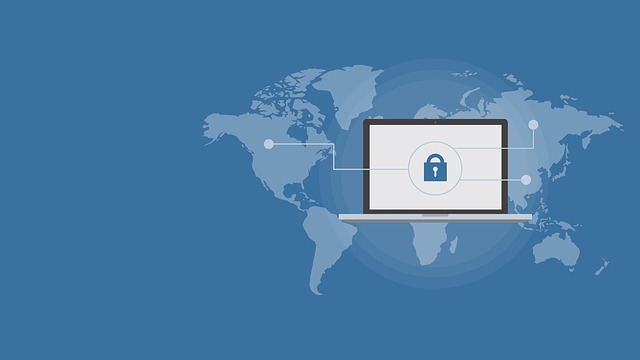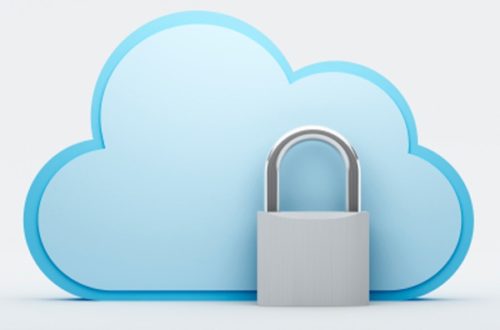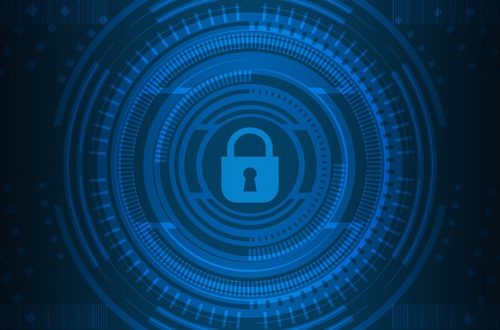Cybersecurity Still Isn’t Getting Any Better…

We’ve never been at such technological heights as we are now. We’ve never been more connected, had more data on our hands, or enjoyed the multitude of miraculous digital solutions that we do today. Unfortunately, we’ve also never been less technologically secure.
The latest issue to plague the tech realm is privacy. Oddly enough, it’s not a new issue — privacy advocates have been raising their voices on this issue for the last last 10 years, at least.
“Call it the grand bargain,” writes CNN Tech’s Seth Fiegerman.” You let a tech company eavesdrop on your searches, contacts and whereabouts. In return, the company directs you to the perfect people, products and experiences, free of charge.”
This comes in the wake of the recent Facebook scandal, in which data of over 50 million users was wrongfully handed over to Cambridge Analytica in what some are calling the biggest election scandal in modern history.
The problem here is that we, as a society, have known about the harms that this issue could pose for a long time now. Only now, after we’ve seen firsthand the damage that loose data privacy measures can cause, are we considering how we got here and how to prevent all of this from happening again.
Proof in the Pudding
As we create more technologies connect to the internet, we must take into account whether they represent secure additions to our infrastructure or potentially dangerous tools in the hands of malicious actors.
For example, when we look at the healthcare system’s use of patient data in the modern age, it’s obvious that electronic health records (EHR) have contributed to improved diagnoses, more accurate communication between healthcare providers, and better quality of care for those in need.
To keep this patient information secure, the US instituted the Health Insurance Portability and Accountability Act of 1996 (HIPAA) to provide guidance on security and privacy measures. The bad news is that, because this data is worth so much to so many people, hospitals quickly became a huge target for cyberattacks, culminating in a massive data breach in the summer of 2017.
A Dangerous Paradigm
As we become more advanced as a society, we’ll continue to be wowed by new solutions that were once reserved for sci-fi stories. Let’s take self-driving cars, for example — even better, let’s consider flying self-driving cars.
“Kitty Hawk has produced an all-electric, auto-piloted air taxi … Cora is the end product – a 2-seater short hop aircraft that will fly up and land similar to a helicopter and soar forward like an airplane,” write the editors at GearNova.com. “And right now Kitty Hawk has formally released the Cora project and initiated the quest for commercialization.”
While exciting, we have to consider what would happen if this product were to become a commercially available product in a world that shirks its security responsibilities. If hackers were able to remotely access this air-taxi’s drive systems in the same way that we’ve already proven self-driving cars can be hacked, we’d be looking at a huge problem. Malicious actors could potentially hack and take control of an aerial vehicle and crash it wherever they wanted.
Hope for the Future
To secure against an unknown future, we need to start looking at solutions before we introduce more problem-laden technology. One of these potential solutions is the blockchain, which uses server nodes to consistently check against one another for veracity.
We can compare this somewhat to the same technology that makes digital signatures possible. The unique hash that’s generated when a digital signature is created breaks if the document that it’s assigned to changes in any way. Hackers who are dead-set on malicious activity can trick one server into accepting a forged document — but when a network of other servers are also watching the document for changes, it’s impossible to trick all of them. This is essentially how the blockchain works.
Another measure that shows promise is AI-powered cybersecurity. These systems vigilantly monitor systems for any change against the norm, and notify administrators if and when they occur.
The good news is, these systems show potential. The bad news is that until they’re tried, tested, and true, we are living in a dangerous technological world. Let us hope that we don’t have to wait for another scandal before more time and effort is put into securing our digital landscape.
Would you like to receive similar articles by email?






One Comment
Akash Patwal
Security online is becoming a pressing issue day by day.
New brands are focusing on providing better security to lure new customers.
Now as more companies are focusing on security more jobs are being available in cyber security.